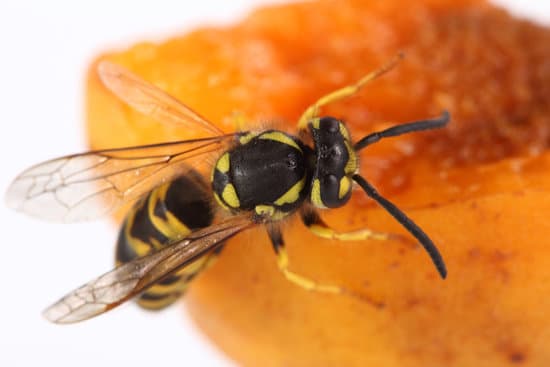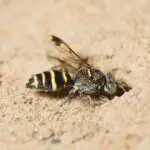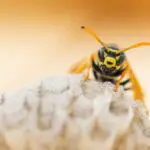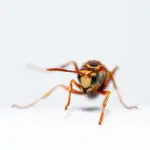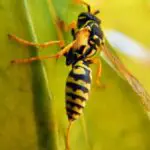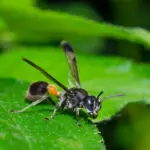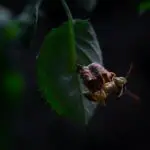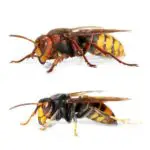Why Does Wasp Spray Kill Wasps?
Getting stung by wasps can be painful and dangerous. Wasps can live in nests in the eaves of your home. They are beneficial when there are just a few, but they can become a serious problem when numbers start to rise. They can also sting pets.
Wasp sprays are designed to kill wasps by causing paralysis, muscle contractions, and suffocation. These ingredients are part of a class of chemical substances called pyrethrins. They also disrupt the nervous system.
Some wasp sprays also contain carbamate, organophosphate, and other ingredients. These chemicals can cause allergic hypersensitivity and anaphylactic shock. If you think you might have been exposed to wasp spray, get emergency medical attention immediately. The National Pesticide Information Center warns against using wasp spray.
If you’re using a wasp spray, wear protective clothing such as long sleeves, gloves, and safety goggles. You also need to avoid getting too close to the nest. If you’re worried about your children, make sure you wash their hands after applying wasp spray.
If you’re not sure what type of wasp spray you’re using, consult the label. Most wasp sprays contain pyrethrins, but some also contain other ingredients. It’s important to read the label to find out if your product contains any ingredients that you’re allergic to.
When it comes to using a wasp spray, the most important thing to remember is to use it at a distance of at least 27 feet. This gives you the best chance of killing the wasps. You should also wait at least 24 hours before removing the nest.
